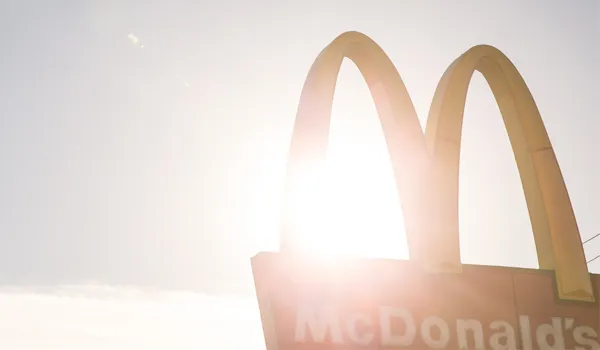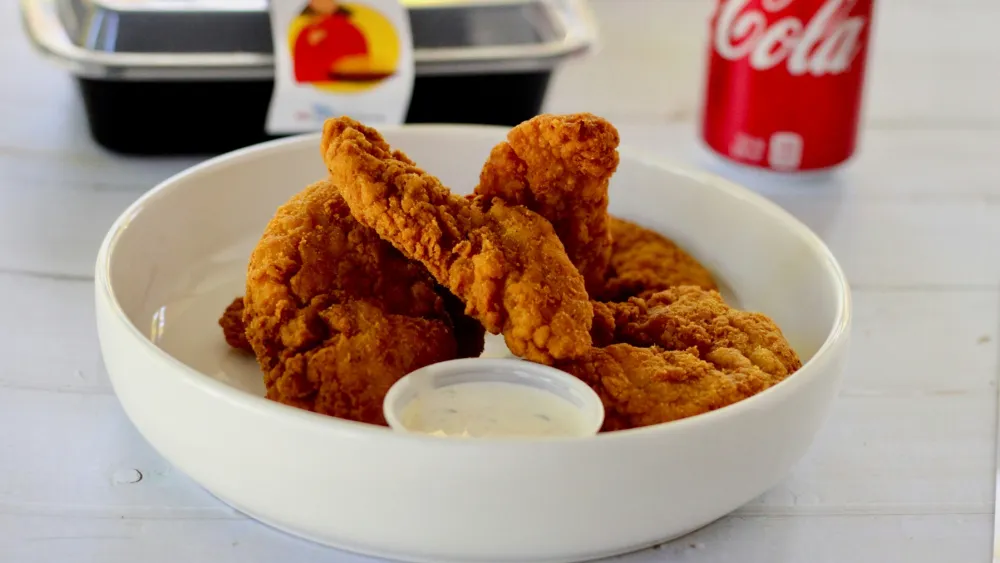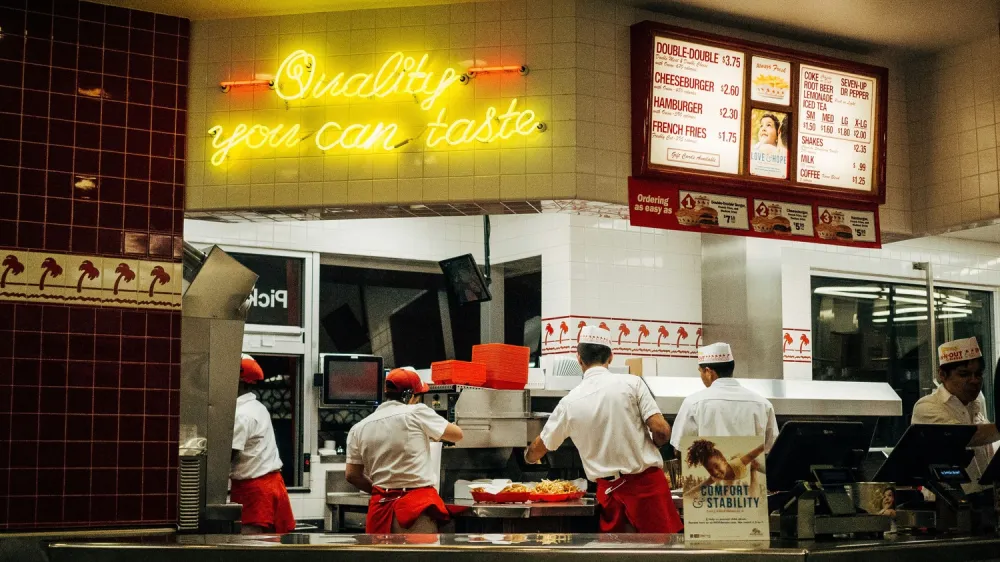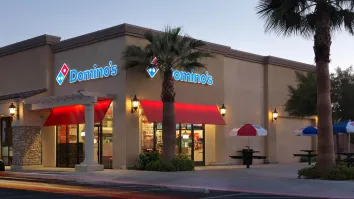
Major International Franchises lead hotbed of innovation in New Zealand's fast food market
According to Euromonitor International.
McDonald’s New Zealand maintained its leading position in fast food in 2015 through continuous innovations in both its menu offerings and digital customer engagement initiatives. The key driver of value growth for McDonald’s has been its introduction of a new gourmet burger bar called Create Your Taste, which allows customers to create their own burgers from a selection of fresh, local ingredients and watch the end product being made in an open kitchen. The ordering process starts with customers entering their orders onto a digital touch-screen self-service kiosk and finishes with table service, where the personalised burger is delivered from the kitchen on a wooden board. In a fiercely competitive trading environment in which rapidly expanding local franchises such as BurgerFuel pose a significant threat, McDonald’s New Zealand has achieved consistent value growth by driving up value per transaction through its offer of premium burgers. These product and digital ordering innovations have enabled McDonald’s New Zealand to differentiate itself in fast food by offering a fresh, tailored product and a unique dining experience for consumers who seek more than just value.
Another noteworthy innovation by McDonald’s New Zealand in recent years has been the consistent introduction of products to suit local tastes. In addition to old favourites such as the Georgie Pie, McDonald’s New Zealand has branched out to introduce other new menu offerings such as loaded fries, which is French fries topped with guacamole, a dessert menu and an all-day breakfast menu. These new products aim to cater to leading consumer trends including healthy eating and the preference for Mexican food and exotic flavours. In doing so, McDonald’s New Zealand has achieved strong repeat sales and consistent retail sales growth despite its global parent company experiencing a slowdown in global sales.
OUTLOOK
Product innovation is set to remain a major driver of retail sales growth in New Zealand’s fast food market as outlet growth and transactions volume growth are likely to become more difficult, given the number of chained and independent operators competing in fast food in New Zealand. In addition, the country’s increasingly conscious consumers can be expected to become more selective and more willing to seek out offerings which can be tailored to meet their specific demands and which offer the best value for money. Well-resourced international franchises are better positioned to lead the way in terms of product innovations and they are therefore expected to retain the bulk of value share in fast food. This is set to put considerable pressure on the ability of independent fast food operators to achieve positive sales growth.
























